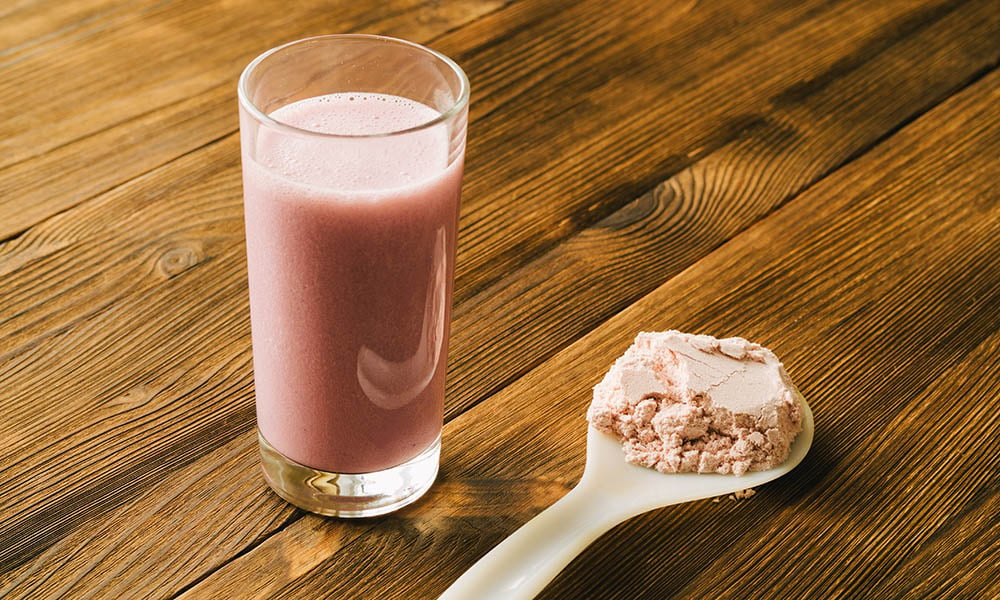Food is not just something we eat for pleasure or to satisfy hunger. It is the fuel that powers our bodies and helps us perform at our best. Understanding the science of nutrient timing can help us optimize our health and performance.
What is Nutrient Timing?

Nutrient timing is the science of when to eat certain nutrients to optimize performance and recovery. This involves taking into account the timing of exercise, the type of exercise, and the individual’s goals. Nutrient timing can help improve energy levels, reduce muscle soreness, and enhance muscle growth and repair.
Carbohydrates
Carbohydrates are the body’s primary source of energy. They are stored in the muscles and liver as glycogen, which is used during exercise. It is important to consume carbohydrates before and after exercise to provide the body with the fuel it needs to perform and to replenish glycogen stores.
- Pre-workout: Consume carbohydrates 30-60 minutes before exercise to provide the body with energy. Choose low glycemic index carbohydrates such as whole grains, fruits, and vegetables.
- Post-workout: Consume carbohydrates immediately after exercise to replenish glycogen stores. Choose high glycemic index carbohydrates such as white rice, white bread, and potatoes.
Protein

Protein is essential for muscle growth and repair. It is important to consume protein after exercise to help repair and rebuild muscle tissue. Consuming protein before exercise can also help improve muscle protein synthesis and reduce muscle damage.
- Pre-workout: Consume a small amount of protein before exercise to improve muscle protein synthesis. Choose a protein source that is easy to digest such as whey protein.
- Post-workout: Consume a protein-rich meal within 30-60 minutes after exercise to help repair and rebuild muscle tissue. Choose lean protein sources such as chicken, fish, and tofu.
Fats
Fats are an important source of energy and are essential for hormone production and absorption of fat-soluble vitamins. It is important to consume healthy fats such as omega-3 fatty acids, which have anti-inflammatory properties and can help reduce muscle soreness.
- Pre-workout: Consume a small amount of healthy fats such as nuts or avocado before exercise to provide a slow release of energy.
- Post-workout: Consume a meal that contains healthy fats such as salmon or olive oil to help reduce inflammation and muscle soreness.
Nutrient timing is an important aspect of optimizing health and performance. By understanding when to consume certain nutrients, we can provide our bodies with the fuel it needs to perform at its best. Consuming carbohydrates before and after exercise, protein after exercise, and healthy fats throughout the day can help improve energy levels, reduce muscle soreness, and enhance muscle growth and repair.

